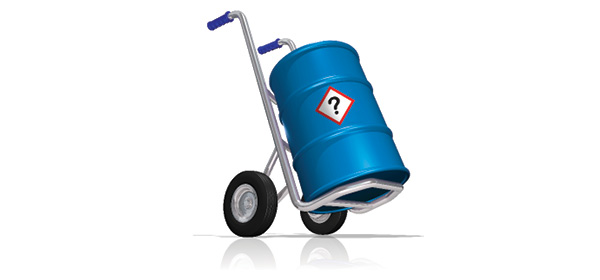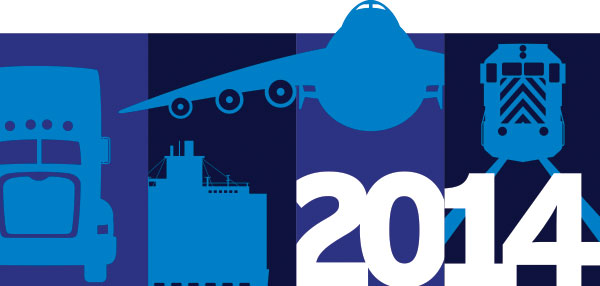Articles
Legislation, Public Policy, Regulations

From the Outside In: Supply Chain as Strategic Advantage
Even non-supply chain executives appreciate the value of flexible and agile operations.
Read More
Regulation as an Opportunity
Manufacturers are facing an increasing number of regulations in a variety of areas from increasing food safety to meeting specific ground-level ozone policies. The FDA Food Safety Modernization Act of 2010, signed into law in 2011, is just one example of recent legislation. Resulting from widespread cases of tainted eggs and peanut butter, the sweeping […]
Read More
Trends—September 2014
HCS Updates: Asked and Answered The Occupational Safety and Health Administration‘s (OSHA) 2012 Hazard Communication Standard (HCS) is sure to elicit a supply chain reaction from chemical manufacturers, distributors, and end users. The updates to HCS 1994, OSHA’s previous convention, feature some cosmetic changes—"material safety data sheets" are now referred to as "safety data sheets"— […]
Read More
A National Standard for Hiring ‘Safe’ Motor Carriers
Q: Is there confusion over what constitutes a safe carrier when screening and contracting for shipments? A: Most definitely. Unfortunately, the courts are deciding safety standards for carriers, and their opinions vary widely from state to state. This puts contractors—shippers, brokers, forwarders, and receivers—in an awkward position, particularly when something goes wrong, such as a […]
Read More
House Members Seek to Set Due Diligence Standards for Motor Carrier Hiring
On May 22, 2014, Representatives Duncan (R-Tenn.), Paulsen (R-Minn.), and Davis (R-Ill.) introduced legislation in the United States House of Representatives entitled “To enhance interstate commerce by creating a National Hiring Standard for Motor Carriers,” H.R. 4727 (the “Bill”). If the Bill were to be enacted into law, the states would be prohibited from imposing […]
Read More
Are You Ready to ACE It?
On Feb. 19, 2014, President Obama signed an Executive Order intended to streamline the export/import process. It establishes December 2016 as the completion date for the International Trade Data System (ITDS), which will allow businesses to transmit, through an electronic "single-window," all the data required to import or export goods. The Automated Commercial Environment (ACE) […]
Read More
Trends—July 2014
The 25th Annual State of Logistics Report: Ready For a New Route After a rollercoaster year for the economy and the transportation sector, the Council of Supply Chain Management Professionals and Penske Logistics released their 25th annual State of Logistics report. Aptly titled Ready For a New Route, the report focuses on 2013’s weak economy, […]
Read More
10 Steps to Import Compliance
Ever-changing import rules enforced by U.S. Customs and Border Protection (CBP) require companies to remain current on regulations and process methodologies—or risk delays and noncompliance fines. Organizations that fail to comply with current customs rules—even in ignorance—can be designated as high risk, and subject to more frequent inspections and longer processing times in the future. […]
Read More
Could New Fuel Efficiency Standards Lead to Transportation Cost Savings?
In February 2014, the Obama administration outlined plans for improving fuel efficiency and reducing greenhouse gas emissions for American trucks. To support this effort, the Environmental Protection Agency and U.S. Department of Transportation must set new standards for medium- and heavy-duty vehicles. The rules, which the agencies must issue by March 2016, will have ripple […]
Read More
Why Every Manufacturer Needs a Reverse Logistics Solution
The average manufacturer spends nine to 14 percent of total sales on product returns each year, according to an Aberdeen Group study. Yet an estimated 45 percent of manufacturers do not have a reverse logistics solution. They rely on retail or wholesale partners to deal with customer returns, recalls, and seasonal overstocks. Until the mid-1990s, […]
Read More